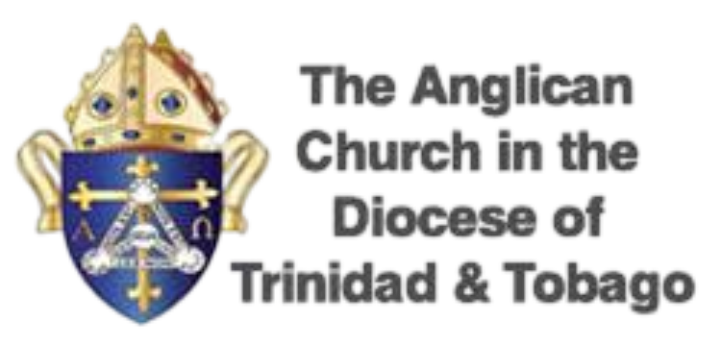Your cart is currently empty!
REGULATION 27: Of Standing Orders Regulating the Meetings of the Synod and the Order and Conduct of Business Therein
- The Synod shall be opened and closed each day with Prayer, and the Holy Bible and the Book of Common Prayer shall be on the table.
- The following shall be the order of business:
(a) calling the roll of the Clergy and Lay Representatives and recording the names of those present;
(b) reading and confirming Minutes of the last Synod;
(c) communications of the Bishop;
(d) presenting Reports, Memorials, Petitions and Correspondence;
(e) reading Notices of motion of which notice has been given;
(f) giving notice of motions;
(g) appointing Officers and the Council for the ensuing year;
(h) debate on motions of which notice has been given;
(i) appointment of Auditors; and,
(j) any other business.
- (a) No motion shall be made except upon notice thereof save where otherwise provided by these rules.
(b) Except where the time for giving notice of motion is expressly limited, notice of motion may be given at any time and shall:
(i) be in writing sent by the mover;
(ii) state the actual terms of the motion to be submitted to the Synod; and,
(iii) be sent or handed to the Secretary by whom it shall be read.
(c) No motion shall be debated until it has been seconded.
(d) Any member may second a motion without prejudice to his right to speak later in the debate.
(e) No motion when seconded may be withdrawn without the leave of the Synod.
- (a) No motion involving the question of finance or expenditure in excess of any sum appearing in the estimates shall be made except upon notice given not less than four (4) weeks before the Synod meets.
(b) No motion for addition to or alteration of these Regulations or any of them shall be made except upon notice given not less than four (4) weeks before the Synod meets.
(c) All notices of motion given under this Regulation shall be printed and a copy thereof sent to each member of Synod not less than one (1) week before the Synod meets.
- A motion to postpone or adjourn any debate or that the Meeting be adjourned during any debate, may be made without any notice; and the question shall be put forthwith and decided without amendment or debate.
- When the President has taken the chair, no member shall stand without permission except when addressing the chair.
- When two (2) or more members rise together, the President shall decide which of them shall speak first.
- (a) No member may speak more than once on the same question in the same debate unless in explanation or to a point of order or in reply to a motion which he has himself moved.
(b) Every member when speaking shall address the chair and shall speak standing.
(c) No member may interrupt a speaker except on a point of order.
(d) No speaker shall impute improper motives to any other speaker and all personalities shall be avoided.
- Whenever the President rises, any member then speaking or about to speak shall resume his seat.
- The President may call upon a speaker to close his speech within five minutes provided that the speaker has already been speaking for not less than ten minutes.
- (a) On a motion to that effect (of which no notice need be given) the
President may at any time resolve the Synod into a Committee of the
whole Synod for the consideration of a specific question.
(b) When the Synod goes into Committee the President shall continue to take the Chair.
(c) When in Committee the Synod shall be regulated by the same rules of order save that members speak more than once on the same question.
(d) The proceedings of the Synod in Committee shall form part of the Minutes of the Synod and shall be printed in the Journal of Proceedings.
(e) The resolutions of the Committee shall be reported to the Synod forthwith; and on motion, of which no notice need be given, the Synod shall adopt or reject the same without amendment or debate.
- (a) The President shall decide the order in which amendments shall be put.
(b) When all amendments have been voted upon, the original motion as amended shall be put.
- The subject matter of a question which has been voted upon already shall not be introduced again during the same session.
- (a) Any member may move without notice that the Standing Orders or any of them be suspended.
(b) When the mover has explained the object of the proposed suspension and the motion has been seconded, the question shall be put forthwith and decided without amendment or debate.
(c) To secure suspension of the rules two-thirds (2/3) of those present and voting must vote in its favour.
- (a) The President, unless a ballot is to be taken, shall put every question by asking members in favour of the motion to say “aye” and those against to say “no”, and shall then announce the decision.
(b) If the decision be challenged, a vote shall be taken by a show of hands or, if it is demanded by three members, the vote shall be by ballot.
(c) Any question put to the vote shall be decided by a majority of those present and voting.
- Any question of order not provided for in these rules shall be decided by the President without debate.
